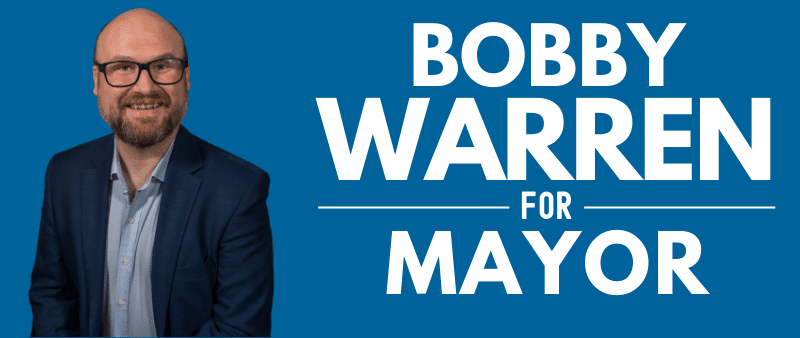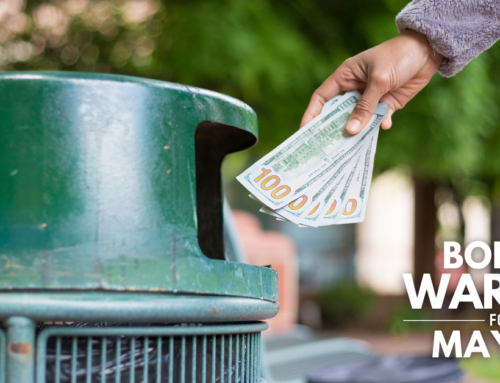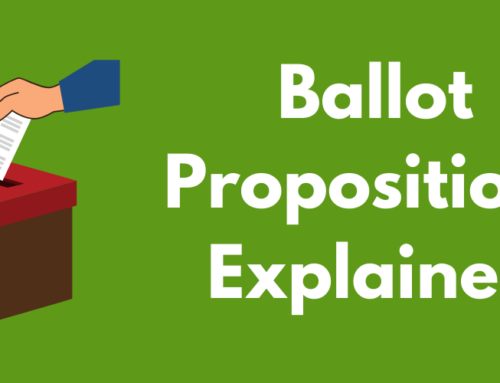After hearing from a number of people who have asked me to provide some clarity on the current process for setting the property tax rate in the City of Jersey Village, I thought it would be helpful to publish some of the more common questions I have heard and provide some answers that may help others who have the same questions.
As always, if you have other questions or want further clarification on any of these answers, feel free to contact me.
Is the city council proposing to raise my property taxes?
No. We are not seeking to raise your property taxes. In fact, in the aggregate, among all properties that were on the tax rolls last year, the total property tax revenue collected by the City of Jersey Village is projected to be slightly lower. How do we know this? The state requires us to calculate a hypothetical tax rate called the “effective rate”.
If a local government adopts an effective tax rate, it will collect the exact same amount of property tax revenues this year from those properties which were on the tax rolls last year. For fiscal year 2018-2019, the effective tax rate is .742992, which is slightly higher than the proposed tax rate of .7425. This means that the City of Jersey Village is proposing to take in slightly fewer property tax dollars from the same properties it taxed last year.
If that’s the case, why does the notice published by the City of Jersey Village state that it is a “tax increase”?
There are two reasons. First, there are new properties that have been added to the tax roll that have contributed to additional property tax revenues. Therefore, the total amount of property tax revenues the city will collect from all properties will increase slightly.
The second reason requires some additional explanation of how the property tax rate is set. Under Texas law, property taxes are divided into two categories. One is the maintenance and operations (M&O) rate and other is the debt service rate. The M&O rate goes toward all expenses paid out of the general fund, such as police, fire, parks, streets, and the various capital investments we make as a city council. The debt service rate is used to calculate the property taxes that are dedicated to paying back bonds and certificates of obligation taken out by city council to pay for projects.
The City of Jersey Village recently paid off the bonds used to buy utility easements in preparation for the widening of U.S. Highway 290. In doing so, we reduced our outstanding debt, which reduced the payments needed to pay our debt. That means our debt service rate needed to be reduced. Maintaining our current property tax rate meant increasing the M&O rate. The state interprets this as a “tax rate increase”.
So while there was some shifting in rates, anyone whose home value remained exactly the same would see the exact same tax bill from the city next year as they did this year. If your valuation went down, you will see a lower tax bill. Generally, however, valuations in Jersey Village are down by the slimmest of margins, although individual properties will vary, as they do in any given year.
Why doesn’t city council reduce property taxes if there is such a substantial general fund balance?
Well, the general fund balance didn’t develop by accident. Over the years, the city has delayed, for one reason or another, a substantial number of badly needed capital improvements. We are sorely in need of flood mitigation, improvements to our parks, a new city hall, and new entrances and signage in our city.
I have spoken to hundreds of citizens throughout Jersey Village who emphasized to me just how badly these investments are needed. I have even had more than one citizen actually say that we needed to increase taxes to expedite these projects! Don’t get me wrong – I’m not advocating raising taxes at all. But this just illustrates the priorities that citizens have enthusiastically communicated to me over the last two years.
That said, there is a very effective way we can begin to provide some tax relief sooner rather than later – an increase in the residential homestead exemption.
Do you support increasing the residential homestead exemption?
Yes. In fact, on Monday, October 8, 2018, I filed with the city secretary a proposed ordinance to increase the residential homestead exemption from the current 8% level to 20% – the maximum level allowed under Texas law. It will be placed on the agenda for the city council meeting scheduled for Monday, October 15, 2018. If it passes, residents with a homestead exemption on their home would see on average savings of approximately $250 per year.
What plans do you have to pursue further tax breaks after the homestead exemption?
One of the priorities of city council has been to stimulate economic development in Jersey Village. We have seen some successes recently, and there’s a very good chance we’ll have some really exciting news to announce in the coming months regarding development in the Jersey Village Crossing Area. I believe a substantial portion of new sales tax revenues generated through new development should be used to further reduce the property tax rate.
A reduction in property tax rates would both benefit residents and could further stimulate economic development in Jersey Village by freeing up money for business owners to make investments in our city.
I have a few other questions for you. How can I contact you?
Feel free to e-mail me at bwarren@ci.jersey-village.tx.us or give me a call at 713-515-2958.





